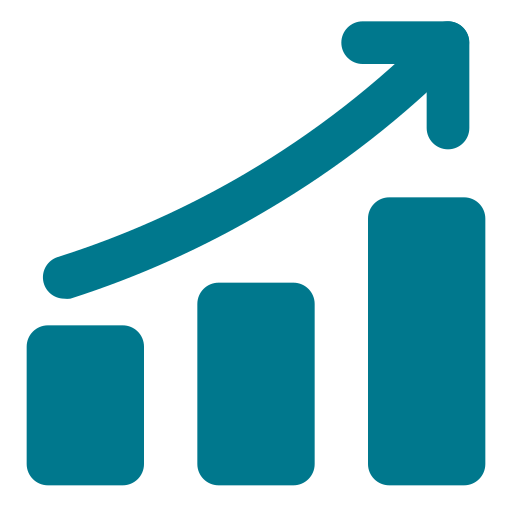
Upcoming Workshops
Responding to Comorbidity
Gain a deeper understanding of how to respond to co-occurring mental health problems in alcohol and other drug treatment
When: Coming 2025
Time: 9:30am – 4:30pm [both days]
Duration: 7 hours [each day]
Location: Online
Learn how to work effectively with people living with co-occurring mental health and alcohol and other drug issues with our Responding to Comorbidity workshop. Increase your skills and confidence to better understand clients' needs, respond effectively and adapt treatment.
Comorbidity is the norm rather than the exception amongst people seeking treatment. With this two day interactive online workshop, you will learn how to adapt and expand your existing alcohol and other drug treatment skills to assist your clients with managing mental health symptoms. Deepen your understanding of co-occurring mental health and alcohol and other drug issues and build your knowledge, confidence and skills to respond effectively. Find out what you need to know about the different co-occurring conditions you may encounter and how to effectively incorporate best practice responses into your treatment.
Learning outcomes
- Recognise and understand the common mental health conditions in alcohol and other drug treatment
- Undertake a thorough assessment and develop an integrated case formulation to guide your practice
- Apply a range of alcohol and other drug treatment skills to working with clients with co-occurring mental health conditions
- Learn how to respond therapeutically and effectively within the bounds of the alcohol and other drug treatment setting
Who should attend
This is a specialist skills workshop suitable for new, experienced and advanced practitioners. This workshop is suitable for workers in clinical settings.
Facilitator: Paula Ross
“Paula was very engaging to listen to and had great examples and tips throughout the training, which I will use with clients moving forward. I enjoyed doing the case reviews and case reflections in groups.”
- Workshop participant, 2023
On 23 and 24 June 2023 we delivered the Responding to Comorbidity to 6 participants
The feedback was outstanding
- 10 out of 10 would recommend the training to others
- Satisfaction was rated 9 out of 10
- Relevance to their work was rated 10 out of 10
“This was my second course with 360Edge and I'm impressed with their quality of training and presenters.”
— Workshop participant, 2021
Participants showed significant increases in knowledge, skills and confidence

Knowledge up 39%

Skills up 32%

